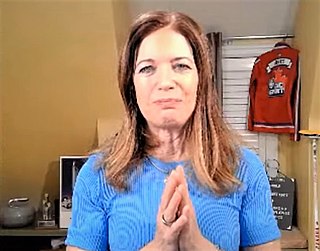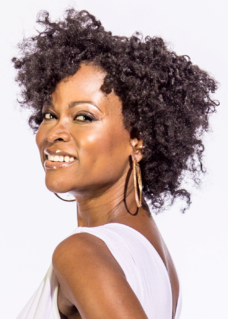A Quote by Colleen Jones
If we continue to treat content as an extra to information architecture, to content management or to anything else, we miss a bright opportunity to influence users. Content is not a nice-to-have extra. Content is a star of the user experience show. Let’s make content shine.
Related Quotes
If you knew the user, you'd let them in. But, the content could contain a lot of dangerous stuff, even if you know the person using that content, you have to check what's inside there. That's where Fortinet started, trying to go deep inside of content, or inside an application to make sure those were secure.
We tend to think of Steam as tools for content developers and tools for producers. We're just always thinking: how do we want to make content developers' lives better and users' lives a lot better? With Big Picture Mode, we're trying to answer the question: 'How can we maximize a content developers' investment?'



































